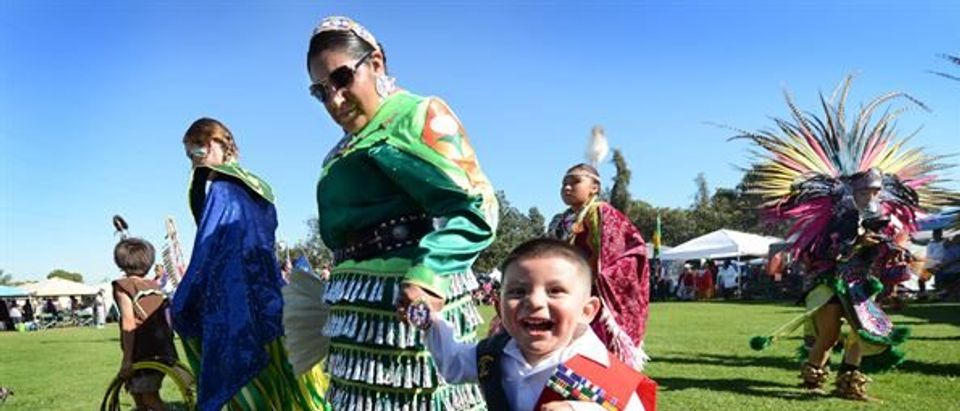Stories like mine do not get told. I was only in the fifth grade when I was removed from my classroom and taken from my family by a state social worker. A 10-year-old who is ripped apart from his family — never having the chance to say goodbye to his mother or grandmother — develops a scar that never goes away. But it is a scar that many bear because, like me, they are members of Native American tribes.
For decades, our own government did not agree with how Indian families like my own raised their children, and removed us from our loved ones to be raised in a culture that was entirely alien. I cycled through a total of six non-Native homes over the course of five years. I was forced to accept six different religions and six different cultures, impacting everything from my spiritual values to the food I ate. I was treated as unworthy of love, as an outsider, as though my background meant I was undeserving of the family that every child deserves. I waited countless nights alone in foster homes thinking my mother would come rescue me. She never did. In fact, it was recorded in my file that I was banned by the court from any contact with family members.
The United States Congress sought to address this travesty when it passed the Indian Child Welfare Act — better known as ICWA — just over 40 years ago. The law is written to ensure that no child goes through the trauma I experienced by prioritizing keeping children within their own family and community whenever safe and possible. It recognizes that child welfare is a process that cannot be rushed for an easy answer, and ensures that tribes are given a seat at the table and a voice in the process when dealing with the placement of Native American children.
Due diligence, with the input of tribes and emphasizing keeping a child connected to their heritage, helps prevent stories like my own, where a child feels so disconnected from their culture and so separate from their family that they turn to drugs and alcohol to numb the pain.
I keep that pain in mind today as I serve as the chief judge of the Forest County Potawatomi Tribal Court in Wisconsin. The path I have walked allows me to understand the weight upon me every time a child or family sits in my own court. Every single time, I am thankful that ICWA exists so that judges like myself do not disregard histories like mine, and take into account the tremendous benefits that come from keeping a child connected with their kin.
That’s why I am outraged to see that we could lose ICWA and all of the positive impact it brings. The law is now under attack in a federal court case, Brackeen v. Bernhardt, and the Fifth Circuit Court of Appeals is currently deliberating its fate. It is a misguided attack, one that misleads on the law’s purpose and ignores why it came to pass in the first place. I will do everything I can to stand against efforts to overturn the law that protects our Native children.
Fortunately I will not stand alone. I testified before the Wisconsin State Assembly prior to the state passing our own ICWA statute. Republicans and Democrats are united in support of ICWA, and President Trump’s administration ably defended the law in this case. Those most intimately familiar with ICWA and its benefits — child welfare advocates, members of Congress, Native American tribes, legal professionals — are vocally opposed to overturning the law. And we have years of legal precedent on our side: ICWA has been upheld for decades, including by the Supreme Court in a 2013 decision written by Justice Samuel Alito.
The idea that a child should have to live in a home where they have no connection to their tribal heritage or family when viable alternatives exist should be a thing of the past. If our country stands with families, if it cares about children over politics, if it believes that everyone deserves love, then ICWA will stand, and stories like mine will remain part of our history rather than our future.
Judge Eugene L. White-Fish is chief judge of The Forest County Potawatomi Tribal Court. He presides over Indian Child Welfare Act (ICWA) cases.
The views and opinions expressed in this commentary are those of the author and do not reflect the official position of The Daily Caller.












